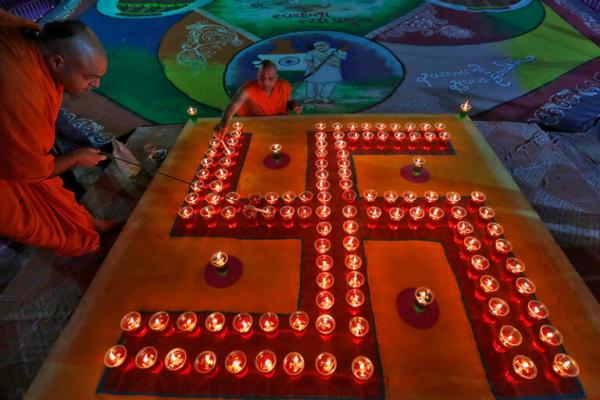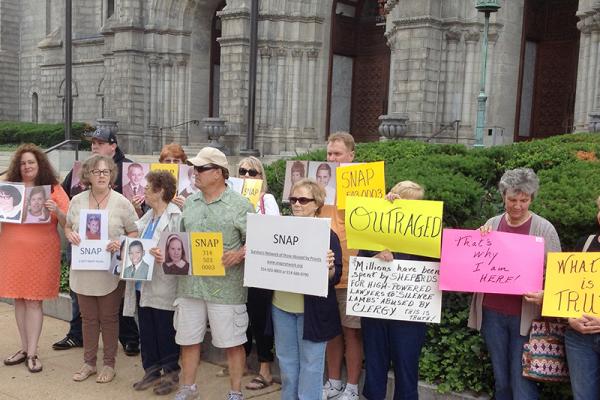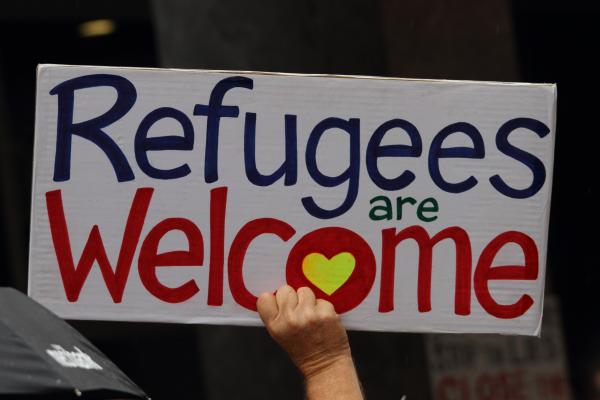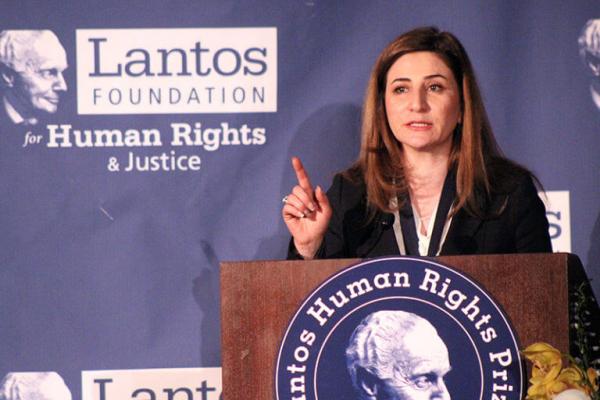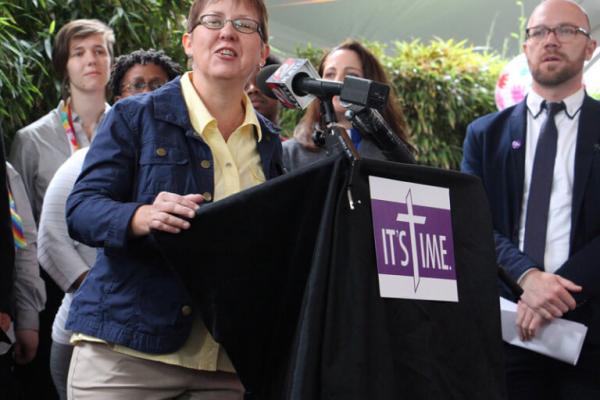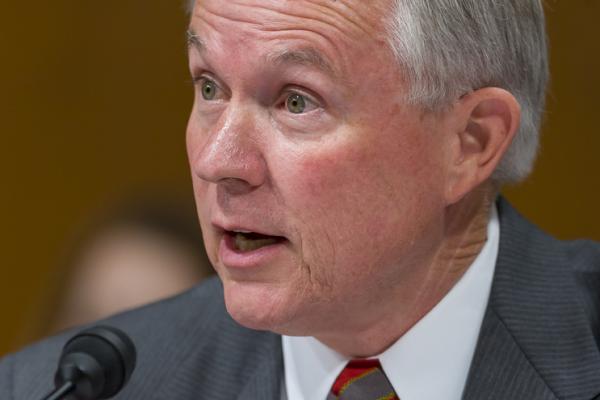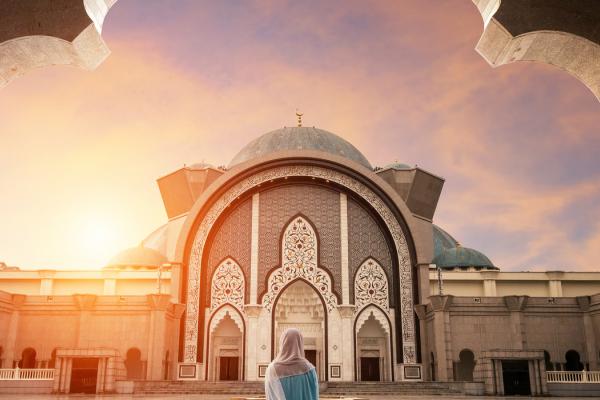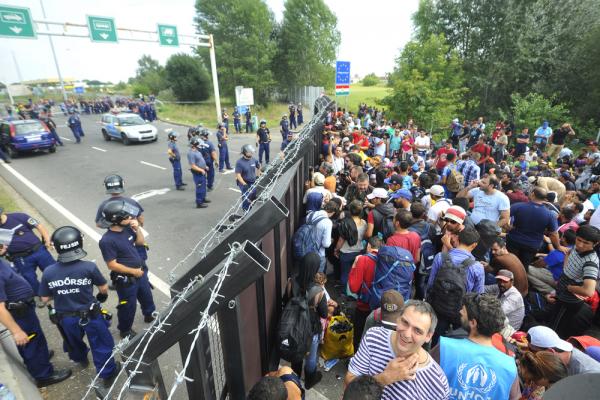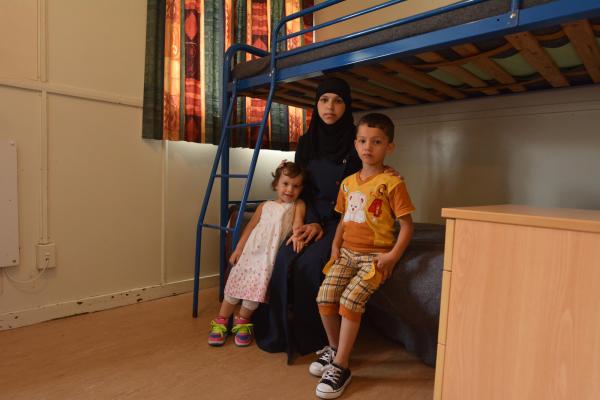In one weekend, the swastika appeared in public places in three U.S. cities — Houston, Chicago, and New York. The sight was so offensive, average New Yorkers pulled out hand sanitizer and tissues to wipe the graffiti from the walls of the subway where it had been scrawled.
“Within about two minutes, all the Nazi symbolism was gone,” one subway rider who was there said. He added, “Everyone kind of just did their jobs of being decent human beings.”
“We’re really not talking about anything changing,” said Mary Ellen Kruger, chair of the five-member board of directors of SNAP. “Our everyday mission is the same: helping survivors, protecting kids through education, and exposing predators. So that’s not changed.”
Sojourners aims to be a nurturing, connecting, and sustaining place as we call for faith, resistance, and healing. We want to support and sustain all those who are using their many callings and gifts in multiple ways to push back against bigotry, protect the vulnerable, preserve our values, stand up for the truth, and keep the faith.
No president should be allowed, without any justifiable warrant, to deny the free exercise of their religious convictions, especially when those actions serve not their own interests, but the displaced, suffering millions of strangers in the world longing for welcome.
Receiving a prestigious human rights prize, an Iraqi lawmaker, who gained international attention for her oppressed Yazidi religious minority, decried the Trump administration’s “unfair” executive order on immigration.
In January 2016, the Rev. Cynthia Meyer told her United Methodist Church congregation she felt “called by God to be open and honest” about who she is: “a woman who loves, and shares her life with, another woman.”
The Quran teaches that “verily with hardship, there is relief.” I have found relief in community with Muslim sisters and brothers, with whom I share common virtues and a common future. I love them not despite of my faith, but because of it. After all, Jesus was a Palestinian refugee who loved his neighbors, even those who did not share his Jewish faith. As a Christian, I have no choice but to do the same.
Refugees threaten to reduce us to a holy nothing. In so doing, they free us from our own selfish pursuits. And that is scary.
Seeing the parallels between Micah’s time of unease and ours, it would behoove us to lean in for a listen when Micah writes, “He has shown you, O mortal, what is good. What does God require of you? That you act justly and love mercy and to walk humbly with your God.” (Micah 6:8)
